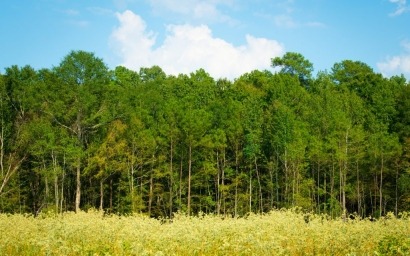
Other proposalssuch as a cap on the use of “primary woody biomass”, have been rejected. Other proposals such as a cap on the use of “primary woody biomass”, have been rejected. These could have had serious consequences for EU’s energy security and forest health.
The agreement demonstrates the EU’s continued support for sustainable biomass and will strengthen sustainability standards to reflect good forest management practices and align with the cascading principle to ensure that wood is utilized to its highest economic and environmental added value.
It states, "The provisional agreement strengthens the sustainability criteria for biomass use for energy, in order to reduce the risk of unsustainable bioenergy production. It ensures the application of the cascading principle, with a focus on support schemes and with due regard to national specificities."
Importantly, the updated Directive reaffirms sustainably sourced biomass as a 100 percent renewable energy source, as well as includes provisions to ensure that biomass goes to the highest value application, including Bioenergy with Carbon Capture and Storage (BECCS), a vital carbon removal technology in which Drax plans to become a global leader.
Drax CEO, Will Gardiner said,“Biomass has a critical role to play in supporting energy security as the world decarbonizes, providing reliable, renewable power and displacing fossil fuels. We are pleased to see the European Union recognize the importance of biomass within the region and take steps to further strengthen its sustainability and forestry standards.”
“As a global leader in sustainable biomass, we are committed to ensuring that the biomass we source has a positive impact on climate, nature and the communities in which we operate and hope this decision will ensure biomass continues to play a central role in Europe’s energy transition.”
Biomass, when sustainably sourced, uses sawmill residuals like sawdust, harvest residuals including tops, branches and bark as well as low-grade roundwood. The market for this fibre helps improve the health and productivity of forests while providing rural counties with a new income stream.
Biomass plays an important role in the UK’s energy security providing 11 percent of the UK’s renewable power – enough for five million households.
The final text of the agreement has yet to be published.

